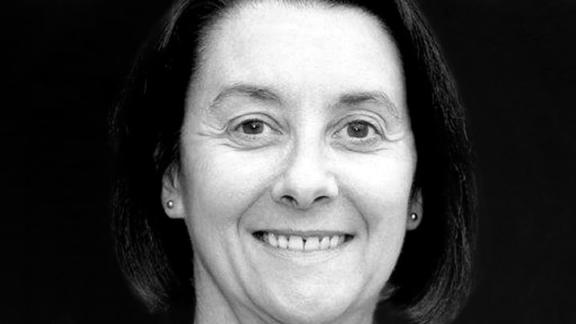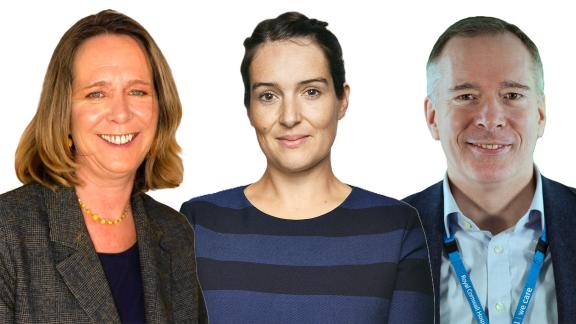Place is as much a description of experience as it is of a neighbourhood

By working in partnership with organisations and members of our communities, we can begin to understand how it feels to live their lives and to support them to make meaningful changes, writes Richard Mitchell.
The idea of place differs from one person to another and changes over time. I grew up inner London, I now live in rural south Leicestershire and I work in a third: Mansfield in north Nottinghamshire. They are all different places but I believe it is the different experiences in my life, not just the neighbourhoods, that have shaped who I am today.
As I have become older, and hopefully wiser, I am more aware of how fortunate I was growing up because of the love, structure and support I experienced. My parents owned their own home and I felt safe when we locked the door at night. There was food in the fridge, my parents were in work and showed an interest in my education, ensuring I went to a good school. They helped me with my homework and always watched me play sports at the weekend.
I am aware through work, the media, travel and conversation that sadly many are not so lucky. I believe we are fortunate to live in the UK, but I know there is huge disparity in the lives we lead and the experiences we have. In inner London, there were people living on the same street as me experiencing very different circumstances. On reflection, I was fairly unaware of this when I was a child. The reasons for these differences are complex and often intertwined. We know the wider determinants of physical and mental health impact us all in different ways. We are not born equal and we certainly do not live equal lives.
It is clear that improvements in the lives we all live, especially the poorest, requires different partners and organisations to work together. Previous ways of working will, in general, not be good enough for the future. While there are residents living well and happily in Mid-Nottinghamshire, there are people in Mansfield, Ashfield, Newark and Sherwood who are living in poverty and who face health inequalities every day. They do not distinguish between ‘issues for the NHS’ and ‘issues for the local council’. They simply see places where they struggle to get jobs, or where they do not want their children to play out because they do not feel it is safe, or where they have to wait longer than they want for appointments for health services.
By working in partnership with organisations and members of our communities, we can begin to understand how it feels to live their lives and to support them to make meaningful changes. The world is a complicated place. We are one in over 7.4 billion humans on this planet and although we may not be able to change the whole world, I believe we can make a big difference and the world a bit brighter for those around us.
Richard Mitchell is the executive lead for the Mid-Nottinghamshire Integrated Care Partnership and chief executive of Sherwood Forest Hospitals NHS Foundation Trust. Follow him on Twitter @RMitchell_NHS
Find out more about 'place'
We held a webinar featuring Richard Mitchell on 13 March, exploring three perspectives on place-based leadership. If you missed the conversation, which also featured the views of Amanda Sullivan and Dr Andy Haynes, you can still catch up on the discussion by:
- watching the webinar
- reading the blogs from Amanda and Andy.



